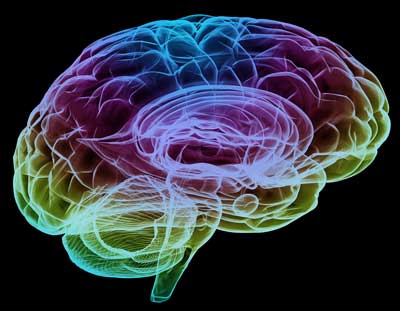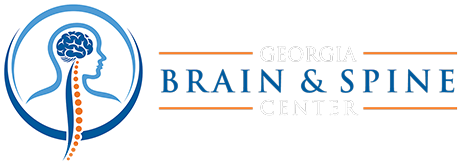 As medical technology advances and certain types of testing become more commonplace, certain conditions that were once thought to be quite rare may be detected more frequently. This is the case for Chiari malformations. Although you may have never heard this term, the neurosurgeons here at Georgia Brain & Spine Center believe strongly in educating our readers about these potential health concerns and the effects they can have. That’s why we have taken some time to answer a few simple questions about Chiari malformations.
As medical technology advances and certain types of testing become more commonplace, certain conditions that were once thought to be quite rare may be detected more frequently. This is the case for Chiari malformations. Although you may have never heard this term, the neurosurgeons here at Georgia Brain & Spine Center believe strongly in educating our readers about these potential health concerns and the effects they can have. That’s why we have taken some time to answer a few simple questions about Chiari malformations.
Question #1: What causes a Chiari malformation to occur?
A Chiari malformation may occur when part of the skull is abnormally small or misshapen, putting pressure on the brain and forcing it downward. This causes brain tissue in the lower portion of the skull to extend into the spinal canal. The additional pressure put on the brain stem and spinal cord can block the flow of cerebrospinal fluid from the brain to the spine.
Question #2: What are the symptoms associated with a Chiari malformation?
In many cases, a Chiari malformation will not cause any symptoms. This is why despite being congenital, they are often not detected until later in life. However this is not always the case. For some people, a Chiari malformation can lead to several symptoms including severe headaches, weakness or numbness in the extremities, scoliosis, problems balancing, difficulty swallowing, ringing in the ears, dizziness, blurred vision, and snoring.
Question #3: How are Chiari malformations diagnosed and treated?
Diagnosing a Chiari malformation begins by performing a comprehensive neurological exam including imaging studies like an MRI of the brain and spine. Some cases may require a specialized study called a CINE MRI that allows us to look at the cerebrospinal fluid flow at the region of the compression in order to make a diagnosis. Once a diagnosis has been made, we will consider all treatment options based on the severity of the symptoms. For patients with no or only mild symptoms we may recommend close observation including neurological check-ups and MRI scans. For those with a more serious condition, we can perform a highly effective brain surgery known as posterior fossa decompression that is designed to relieve pressure on your brain.
We hope you found this information informative. Although Chiari malformations may seem complicated, our board-certified neurosurgeons have considerable experience treating them and helping patients find relief from their symptoms. For more information, or if you would like a second opinion on an initial diagnosis, please contact Georgia Brain & Spine Center at 1 (800) GO-SPINE to schedule a consultation today. And follow along with us on Facebook and Twitter for the latest news, updates, and much more.
